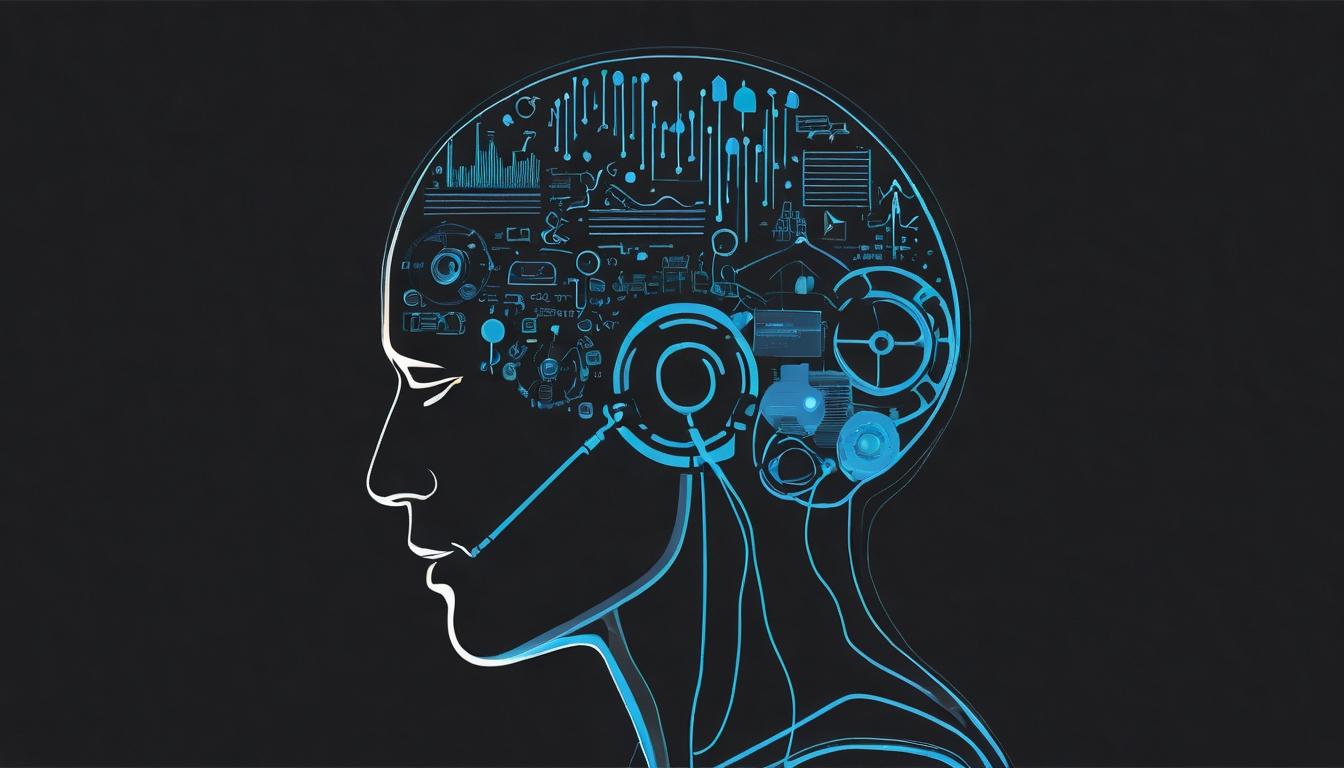The first time you heard John Williams' two-note shark theme in Jaws, your body knew danger before your brain did. That visceral reaction wasn't accidental—it was the result of centuries of musical evolution meeting cinematic storytelling. Film composers have developed a sophisticated vocabulary that bypasses our conscious minds and speaks directly to our emotions, creating what amounts to a secret language written in melody, harmony, and rhythm.
Walk into any scoring session today, and you'll hear composers using terms that sound more like psychological warfare than musical direction. 'Mickey-Mousing'—the technique of matching music precisely to on-screen action—gets its name from early Disney cartoons where every slip on a banana peel got its own musical sting. But modern composers have evolved this approach into something far more subtle. When Hans Zimmer creates a 'sonic landscape' for films like Dune, he's not just writing music—he's building an entire auditory world that tells you how to feel about deserts that stretch beyond imagination.
The psychology behind film scoring reveals why certain musical patterns trigger universal responses. Minor keys naturally evoke sadness or tension across cultures, while ascending melodies create feelings of hope and resolution. Composers exploit these hardwired responses, but the real masters subvert them. Think of Bernard Herrmann's screeching violins in Psycho's shower scene—a sound so jarring it rewired how we think about musical terror.
Today's film composers operate more like sonic architects than traditional musicians. They're building emotional frameworks using tools that didn't exist a generation ago. The hum of the T-800's theme in Terminator wasn't created with violins or trumpets—it emerged from processed industrial sounds that mirrored the film's mechanized terror. This represents a fundamental shift from writing melodies to designing sonic identities.
Behind the scenes, the relationship between director and composer has become one of cinema's most crucial collaborations. The legendary partnership between Steven Spielberg and John Williams demonstrates how trust and creative synergy can define entire franchises. Their conversations aren't about notes and chords—they're about childhood wonder, primal fears, and the emotional arcs of characters who've become cultural touchstones.
Independent films have become laboratories for sonic innovation, freed from the expectations that constrain big studio productions. A24's recent films feature scores that blur the line between music and sound design, creating atmospheric textures that feel more like psychological states than traditional compositions. These approaches are trickling up to mainstream cinema, changing what audiences expect from film music.
The digital revolution has democratized film scoring in ways that would have been unimaginable to Golden Age composers. Where once massive orchestras were required, now a single composer with a laptop can create sounds that fill IMAX theaters. This accessibility has led to an explosion of diverse voices in film music, from Icelandic post-rock influences to West African rhythmic patterns finding their way into Hollywood scores.
Video game scoring represents the next frontier, where adaptive music must respond to player choices in real time. Composers for games like The Last of Us create musical systems rather than linear scores, developing emotional algorithms that can shift seamlessly between exploration, tension, and combat. This interactive approach is beginning to influence linear media, with streaming platforms experimenting with scores that adapt to viewing environments.
What makes a film score truly memorable often comes down to its ability to create what psychologists call 'earworms'—melodies that embed themselves in our consciousness. The simple five-note pattern from Close Encounters of the Third Kind demonstrates how minimalism can be more powerful than complexity. Great film music doesn't need to be technically impressive—it needs to be emotionally inevitable.
The future of film scoring may lie in biometric feedback, with composers already experimenting with scores that respond to audience heart rates and galvanic skin responses. While this might sound like science fiction, it's the logical extension of what film composers have always done: finding new ways to make our hearts race, our tears flow, and our spirits soar through the secret language of music.
The secret language of film scores: How composers speak to our subconscious

